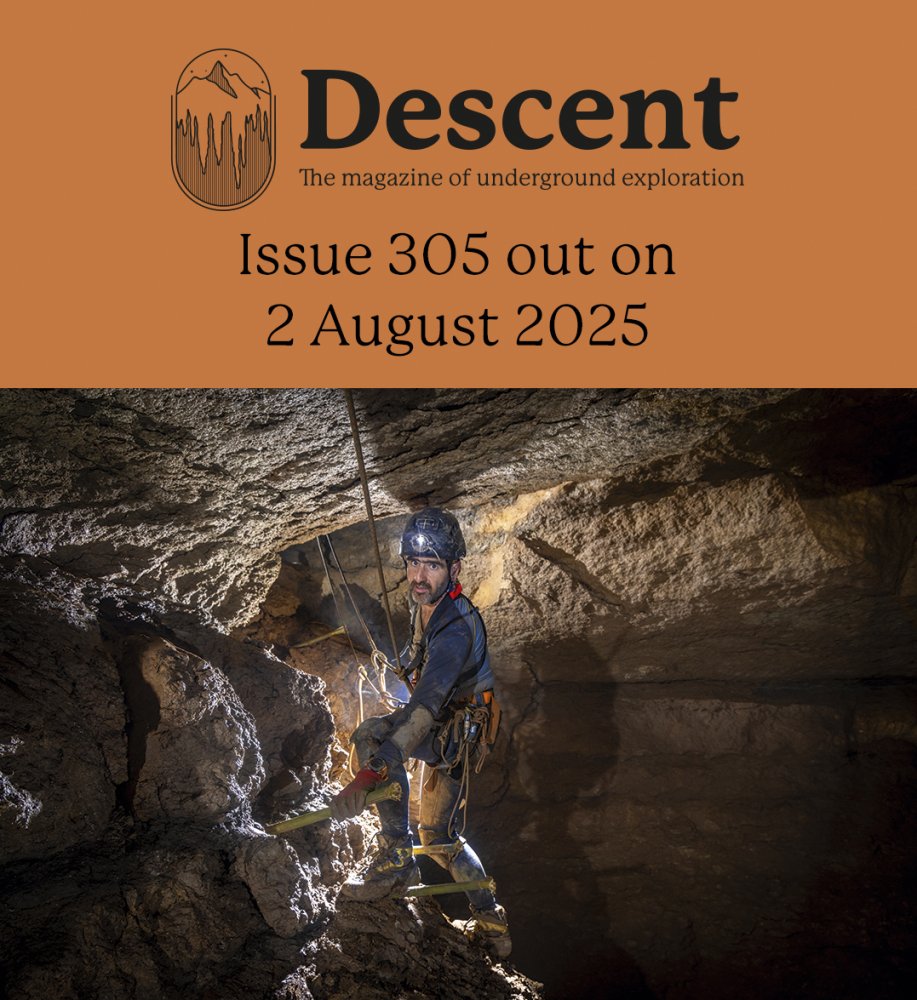D
Dave H
Guest
Split from Duncs Access Land in yorkshire topic
And almost entirely in my area, the 'estates' are run by firms of accountants working for the above companies, wringing out every last penny of EU money they can, rather than country folk who have spent years at agricultural college and understand the eco-structures of the countryside.
All of the 'wild places' of England and Wales are actively managed (farmed) in one way or another. For instance, Heather moorland has to be regularly burned to encourage new (and vaguely edible) shoots - remember that they all used to be woodland and that this is a man-made landscape.
In order to correctly manage an environment you have to place restrictions on its use. Again using Heather moorland as an example, you have to exclude the public when you are burning or shooting.
This weekend, rather than take my children into friends lambing sheds and disturb their ewes, we visited an open farm. In all my (nearly 40) years I've only ever seen ewe's prolapse on a handful of occasions – looking around the open farm it was nearly a 10% prolapse rate! When I asked the shepherdess about this she didn't want to talk about it and would only answer “stress!â€
Open access is good but, some restrictions to allow the proper maintenance and management of the land is a necessity.
The only thing like that in the peak is 'Lambing' season. which affects a few caves. - JH, Rowter, and Longrake are the only ones I can think of.
lambing has never held much weight as a reason to deny access IMHO. The farmers dont deny access to the thousands of walkers that walk straight accross most of their land on public footpaths during 'lambing', or the off roaders that tear accross the green lanes by the fields yet they feel it necessary to stop the half dozen or so cavers from visiting one mineshaft in one of their fields.
Are sheep so terrified of humans that they miscarry if disturbed.
Never quite understood that one.
Much of the Midlands is owned by the Insurance and Pensions companies, the 'traditional' landowners having long since had to sell up to pay death duties!On the other, there are the rich estate owners, who may provide a bit of local employment, but ultimately are rich folk lining their pockets from the coin of other rich folk
And almost entirely in my area, the 'estates' are run by firms of accountants working for the above companies, wringing out every last penny of EU money they can, rather than country folk who have spent years at agricultural college and understand the eco-structures of the countryside.
All of the 'wild places' of England and Wales are actively managed (farmed) in one way or another. For instance, Heather moorland has to be regularly burned to encourage new (and vaguely edible) shoots - remember that they all used to be woodland and that this is a man-made landscape.
In order to correctly manage an environment you have to place restrictions on its use. Again using Heather moorland as an example, you have to exclude the public when you are burning or shooting.
Fart in the wrong key near a sheep and they can miscarry! There is so little money to be made from sheep that, if you owned one, you'd do anything to make sure that it was well and happy. For instance, last year a good fleece was making about £1, but it was costing £2-£2.50 to have the sheep shawn!Are sheep so terrified of humans that they miscarry if disturbed.
If you think about where these caves are it should all become a bit clearer. JH is in a field near the farm house where the ewe's are brought in when they are nearly reaching term, away from the more outlying fields such as the one with Oxlow in it. (If you were going out every 2 hours to check the ewe's you would call it outlying!) These are the more vulnerable sheep and it's just an unhappy coincidence of geography that places then in the vicinity of JH and hence causes the restrictions.The only thing like that in the peak is 'Lambing' season. which affects a few caves. - JH, Rowter, and Longrake are the only ones I can think of.
This weekend, rather than take my children into friends lambing sheds and disturb their ewes, we visited an open farm. In all my (nearly 40) years I've only ever seen ewe's prolapse on a handful of occasions – looking around the open farm it was nearly a 10% prolapse rate! When I asked the shepherdess about this she didn't want to talk about it and would only answer “stress!â€
Open access is good but, some restrictions to allow the proper maintenance and management of the land is a necessity.


